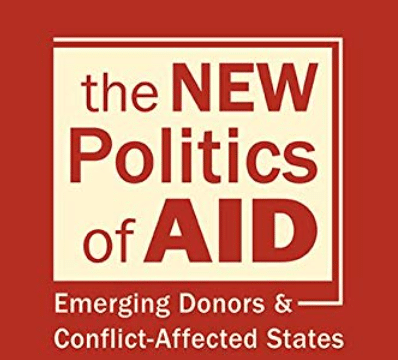
“The New Politics of Aid” by Agnieszka Paczyńska sheds light on the increasingly complex donor landscape. By tackling questions such as how emerging donors conceptualise the relationship between security and development, and why the policies they pursue in conflict-affected states differ from the liberal peacebuilding model of traditional donors, this work is an essential contribution to our understanding of both the changing dynamics of foreign aid and the processes of post-conflict reconstruction and peacebuilding.
Emerging from the ‘Protection of Civilians’ project, Peace Research Institute Oslo (PRIO) Senior Researcher Pinar Tank has written the chapter “Turkey: New Humanitarianism and Geostrategic Ambitions”. The chapter examines how Turkey’s critique of the liberal peacebuilding model has emerged over time in response to the perceived failures of Afghanistan and Iraq.
This has led to Turkey promoting an alternative model of “humanitarian diplomacy” in its engagements with conflict-affected states through which it does not try to re-create failed states in the image of the donor country, but rather focuses on supporting and developing key indigenous institutions for sustainable economic development and efficient governance. In so doing, Turkey explicitly contrasted its policies with those of traditional donors, pointing to the distinct historical, cultural, and social roots of its approach and, in particular, its grounding in Islamic values. The chapter problematizes how this approach is applied in Somalia and Syria, the two most significant cases of Turkish engagement.
